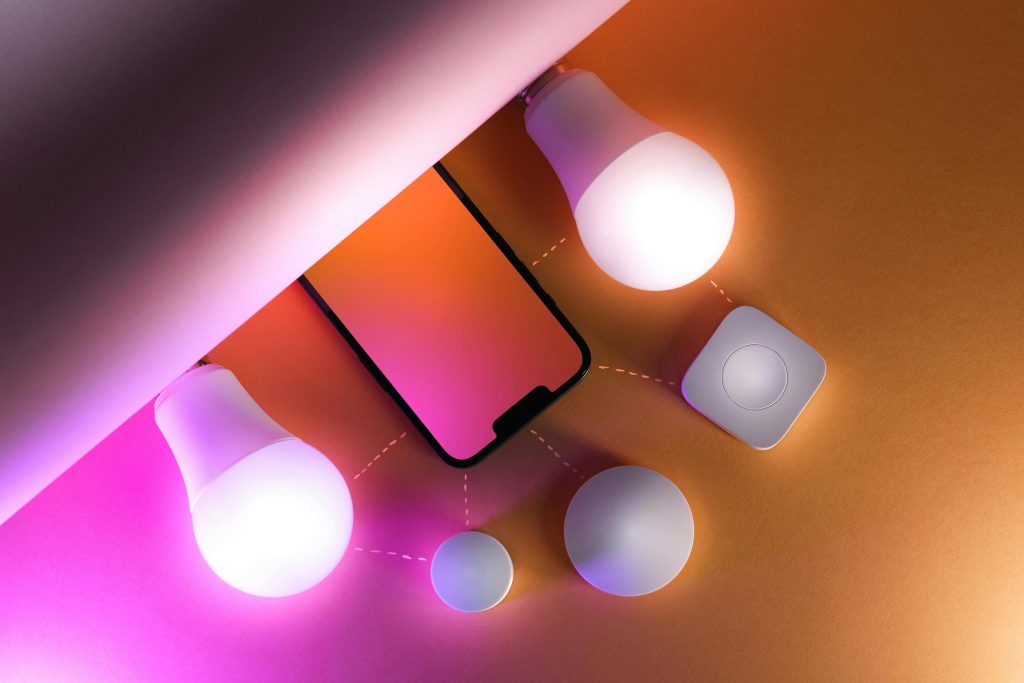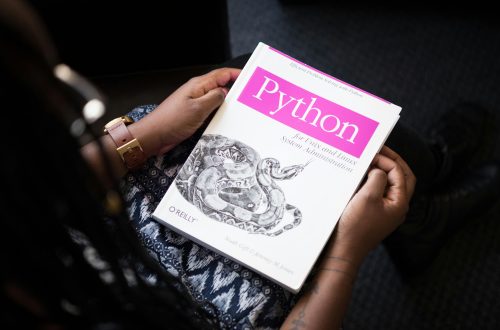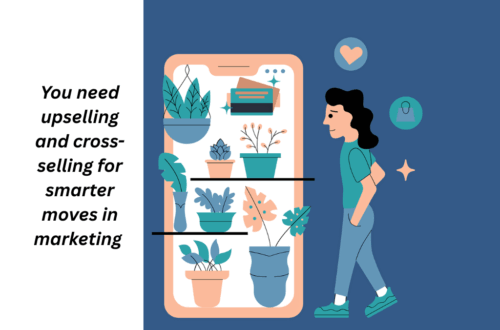
AI-Driven Hyper-Personalization in 2025
Level up your marketing strategy with AI-driven hyper-personalization. Businesses have found that AI lets them engage and personalize experiences at scale, encouraging repeat purchases.
The use of AI in hyper-personalization is proven to be a powerhouse for businesses where they can streamline the production of streamline, dynamic content, and deeply experience that deeply resonates with customer’s expectations.
So let’s dive into what makes AI-powered hyper-personalization a go-to marketing strategy for brands in 2025.
Difference Between Basic Personalization Vs Hyper-Personalization
Did you notice that when you make an online purchase from a brand, you receive an email with similar product recommendations? This is basic personalization. It is a practice that helps marketers to gather customer’s data and get insight into their behavior, in order to provide a personalized experience to each of them.
In contrast, an AI-powered hyper-personalization approach takes personalization a few steps ahead by capitalizing on the use of real-time data and algorithms that open up new dimensions of customizability.
In traditional or basic personalization the experiences are created based on the customer’s purchase history, behavior, and past preferences. On the contrary, in hyper-personalization, the customer’s current context and demographics are taken into account. 
What is AI-powered personalization in E-commerce?
Hyper personalization in e-commerce is essential to engage shoppers increase repeat purchases and boost conversion. It’s a proven strategy for driving sales by providing tailored experiences to shoppers that best suit their needs and tastes. So instead a shopper keeps scrolling in search of a perfectly matching product, hyper personalization offers them what they are most likely to buy. By Offering AI-powered hyper-personalization, the e-commerce industry will get the following benefits:
Boosting Sales
AI-powered hyper-personalization is a powerful strategy influencing sales outcomes by directly leveraging data-driven insight. Presenting the most relevant product each time a customer visits it creates a highly targeted shopping experience, making customers take action and purchase that product. Such recommendations also increase click-through rates as customers also buy products that come into their interest list.
Tailored experience lowers the barrier to purchase by implementing effective up-selling strategies such as complementary products or better alternatives, increasing the average order value and customer interactions.
Lower Cart Abandonment
Customers after seeing their relevant product feel a sense of urgency and will be encouraged to complete their purchase. This strategy will not only reduce cart abandonment but also boost immediate sales to enhance overall customer satisfaction. 
Improved Customer Insights
We know that personalization platforms continuously gather and analyze customers’ behavioral data, preferences, and interactions that offer them valuable insight. However, the true benefit of personalization extends beyond sales, making your brand grab a place in your customer’s minds.
These insights help you to identify patterns and trends revealing the motives of your customers and the product that aligns best with their needs. This makes customers stay engaged with your brand. With a deeper understanding of your audience, you can make informed decisions, and help you make long-term growth.
Building a Long-Term Relationship With Customers
A lasting customer relationship is essential to stay competitive in the market. AI-powered hyper-personalization plays a crucial role in fostering such relationships. It makes customers feel the care and loyalty of your brand and they believe that the brand understands and caters the individual needs, developing a sense of trust towards your business.
- There are multiple AI tools in the market to help provide personalized shopping experiences to the customer. Here are a few of them;
- Insider is a tool that enables top global brands like MAC Cosmetics, and IKEA to provide their customers with seamless, personalized cross-channel experience by predicting customer behavior using AI.
- Bloomreach boosts the brand’s e-commerce growth by using AI-driven personalized search, marketing, and content management.
- MoEngage uses AI insight to craft personalized customer-centric campaigns across multiple channels.
- Clerk .i.o leverages AI to uplift brands like Carlsberg and Jeep by offering tailored product recommendations.
Technologies Required for AI-Powered Hyper-Personalization
Data Analytics
We know that AI-powered hyper-personalization depends on the gathering and evaluation of real-time customer data. This data consists of customer behavior, buying patterns, and customer preferences. With the help of this data, brands easily know the needs, interests, and overall expectations of each customer.
Artificial intelligence (AI) and Machine Learning (ML)
This is a vast field where both artificial intelligence and machine learning come into play. They quickly process massive amounts of data to give you tailored suggestions. Along with that, AI algorithms are trained to learn constantly and adapt to user behavior and preferences. This helps yield highly accurate insights that improve personalization.
ChatGPT and Natural Language Processing (NLP)
Real-time personalized responses are enabled by the use of AI-powered chatbots and NLP. Chatbots can give personalized suggestions based on consumer data analysis, and NLP can evaluate feelings and respond to the consumer’s mood and tone.
Predictive Analytics
Predictive analytics uses large data sets to predict customer trends and actions. This helps businesses provide hyper-personalized experiences that align with customer expectations, even before the customers are aware of them.
Location-Based Technology
Understanding where a customer is located is essential to providing relevant, location-specific experiences to them. GPS, beacon, and other technologies make it possible for businesses to send personalized offers close to the customer, which improves customer experience.
Conclusion
While in a personalized marketing campaign, the brand takes the customer’s previous purchase history and preferences and then suggests similar products, in hyper-personalized marketing they take real-time data and information including customers’ location, weather, and time of day to give product recommendations. So go with whichever one gets you the biggest result.





3 Comments
Pingback:
Pingback:
Pingback: